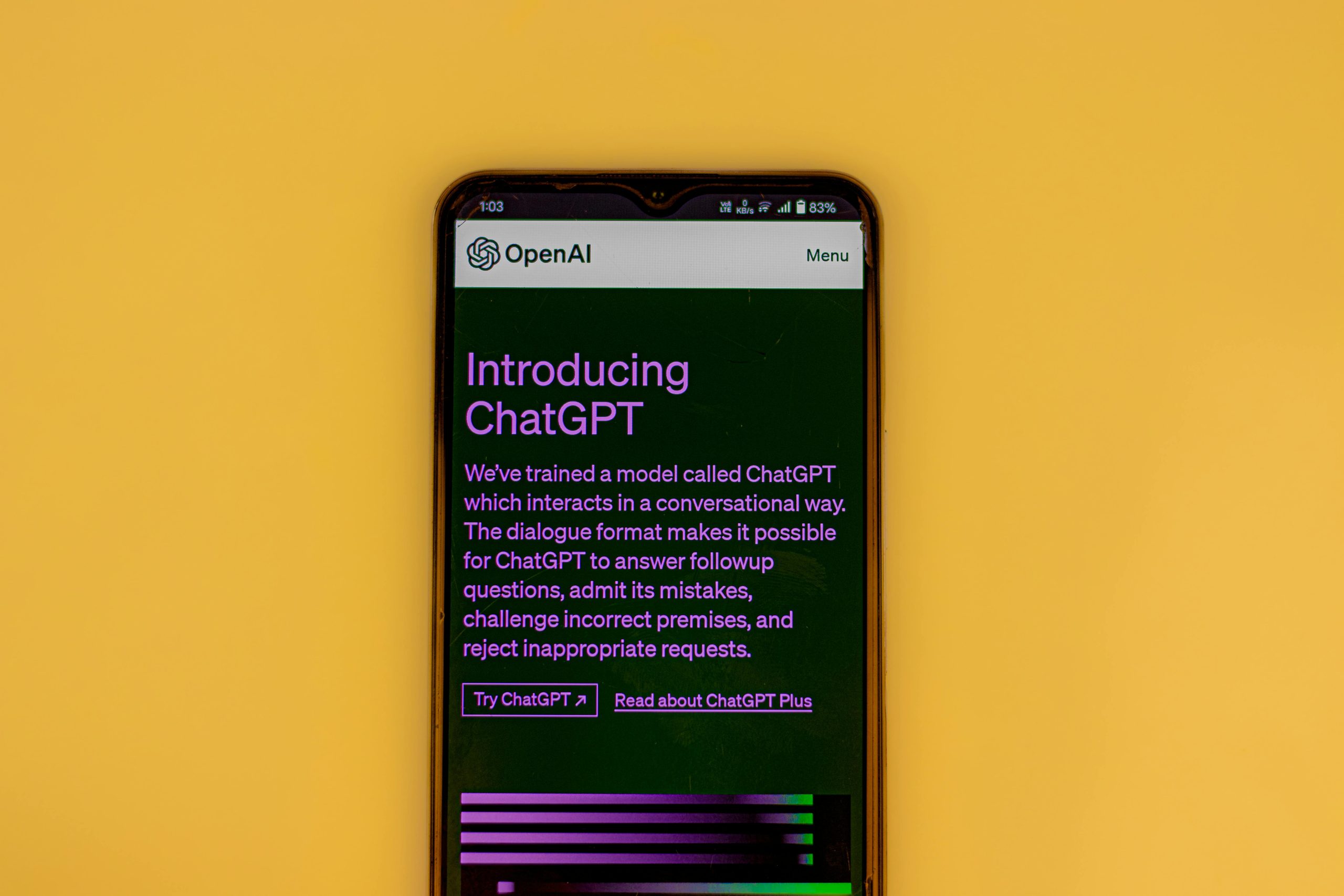Coaches using AI: What’s the hardest and most annoying part for you?
Harnessing AI in Coaching: Challenges and Realities
The integration of Artificial Intelligence (AI) into coaching and consulting practices is rapidly transforming how professionals operate. From content creation and lead generation to client management and course development, AI tools promise efficiency and innovation. However, as many early adopters discover, the journey is not without its hurdles.
In this article, we explore the common challenges faced by coaches, consultants, and freelancers when applying AI to their businesses, and consider whether these tools genuinely deliver value or add to the complexity.
The Promise of AI in Coaching
AI technologies have opened new horizons for practitioners seeking to streamline operations and scale their efforts. Content generation tools can assist in producing articles, social media posts, and email campaigns. Lead generation platforms aim to identify potential clients more efficiently. Automated client management systems promise seamless engagement, while curriculum design tools offer fresh ideas and frameworks.
The Realities: Common Frustrations and Obstacles
Despite these benefits, many coaching professionals encounter persistent obstacles that hinder their workflows:
-
Impersonal Content: AI-generated content often sounds mechanical or generic, necessitating substantial rewriting to match the coach’s unique voice and style.
-
Fragmented Workflows: Managing multiple AI and non-AI tools involves constant copy-pasting and retraining prompts, leading to time-consuming and error-prone processes.
-
Irrelevant Lead Data: Lead generation tools can produce lists of contacts that do not align with the coach’s ideal client profile, requiring additional filtering and research.
-
Cumbersome Automations: Client management automation sometimes feels more like babysitting multiple applications rather than saving time, creating additional administrative overhead.
-
Polished but Impersonal Curriculum Ideas: While AI can produce visually appealing course outlines, these lack the depth, frameworks, and intellectual property that reflect the coach’s expertise.
Reflecting on the Experience
Many coaches and consultants find themselves questioning whether AI is genuinely contributing to their practice or merely adding another layer of complexity. Is it a productivity booster or just a passing trend that demands more management?
Moving Forward: Is AI Still Worth the Effort?
The honest experience shared by many early adopters suggests that AI tools are powerful but require skillful implementation. Success depends on understanding their limitations, customizing outputs, and integrating them thoughtfully into workflows.
Conclusion
The adoption of AI in coaching is a journey marked by trial and error. While it offers countless opportunities for efficiency and innovation, the challenges highlighted above serve as important reminders














Post Comment